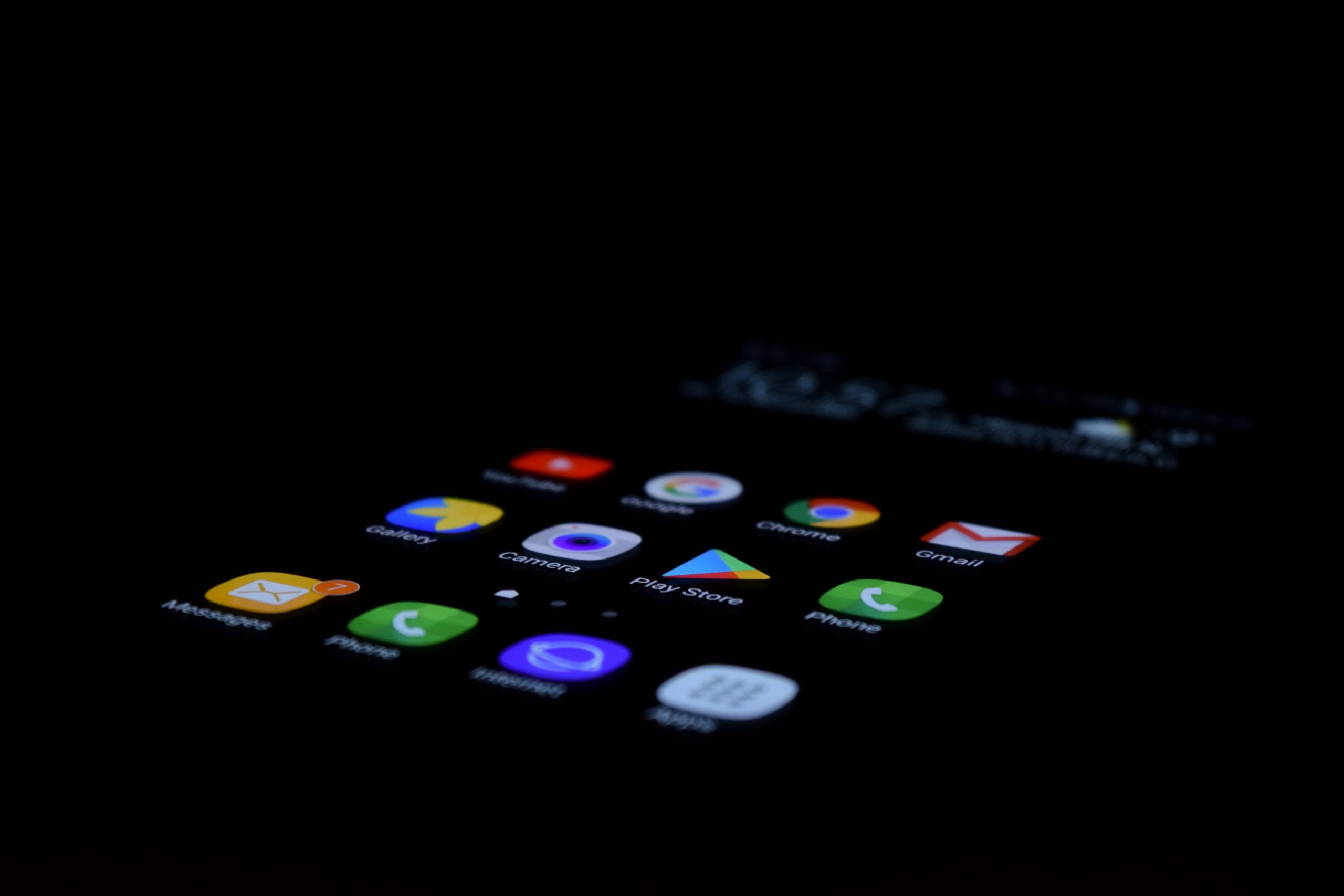While “e-mental health” is a relatively new field, it shows great promise. Fuelled by the recent pandemic, more and more digital tools and resources are becoming available.
As reported in a recent AMA survey of 1,300 physicians, physician use of technology has doubled since 2016. Nearly 90 percent of doctors see at least some advantage in digital health tools — and for those in the mental health industry, innovation is more important than ever.
The Potential for Mental Health of E-Health Is Immense
When it comes to life following the pandemic, health experts are most concerned about the looming mental health fallout. As stated by neurologist Dr. Petsansis, “there are mental health warning signs throughout the population.”
Although rates of COVID are declining in most countries throughout the world, economic instability is believed to play a significant role in how well we adapt, and what that means for our health.
Anxiety, loneliness, and depression were on the rise prior to the spread of the recent pandemic and now, the need for quality mental health care is even greater. However, there’s a shortage of mental health professionals, especially in non-metropolitan areas.
Related: Increased Virtual Mental Health Support is Needed In Response to the COVID-19 Pandemic
A 2018 study, published in the American Journal of Preventive Medicine, found that 65 percent of non-metropolitan counties do not have a psychiatrist and 47 percent do not have a psychologist.
To help bridge the gap, online portals and virtual sessions are now being utilized, and while it is not currently a perfect solution, there is great promise.
Not All E-Health Solutions Are Equal — Especially When It Comes to Scientific and Privacy Concerns
The value of health apps, including mental health apps, was eight billion USD in 2018. This number is expected to rise to 111 billion USD by 2025.
In 2019, researchers used keywords such as depression, anxiety, and schizophrenia to find apps. After analyzing 73 apps, it was found that over 60 percent claimed to be able to not only diagnose mental health conditions but also improve symptoms. The issue here is that these apps do not require government approval and many are created with little scientific backing — not to mention potential privacy issues.
While mental health apps should not be dismissed, as there are many excellent options on-the-market, the overall goal here is to better determine the safety and efficacy of such apps.
If you or a loved one are suffering from a mental health condition, it’s important to seek assistance — the type of assistance that will help you work towards a healthier, more fulfilling life.
Need to speak to someone? We’re here — contact us today!







